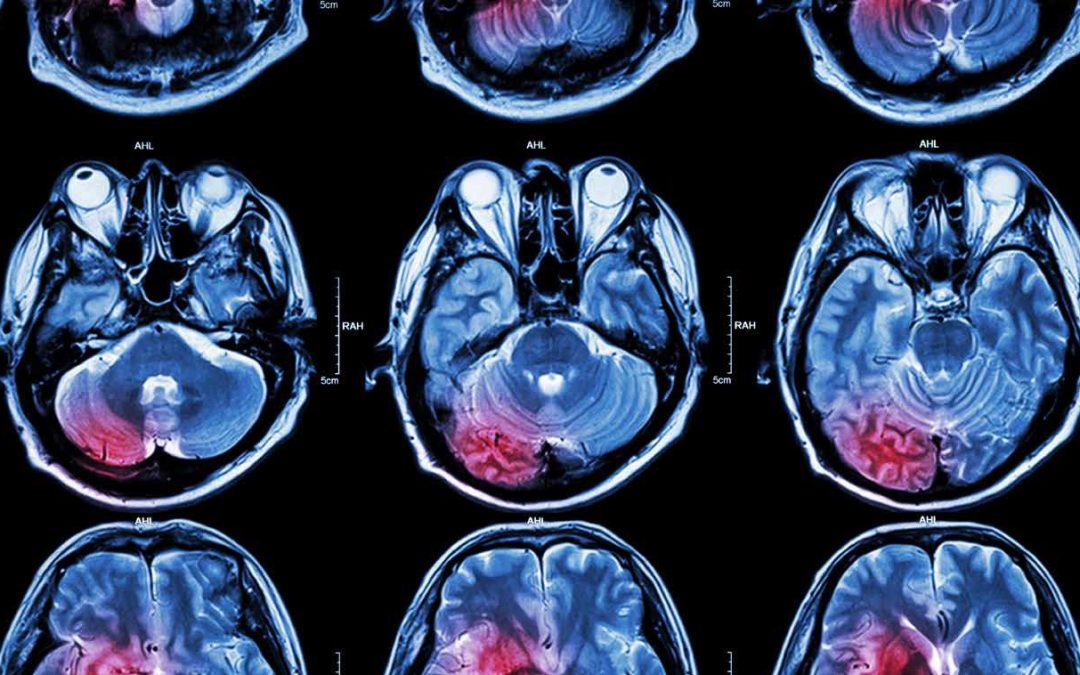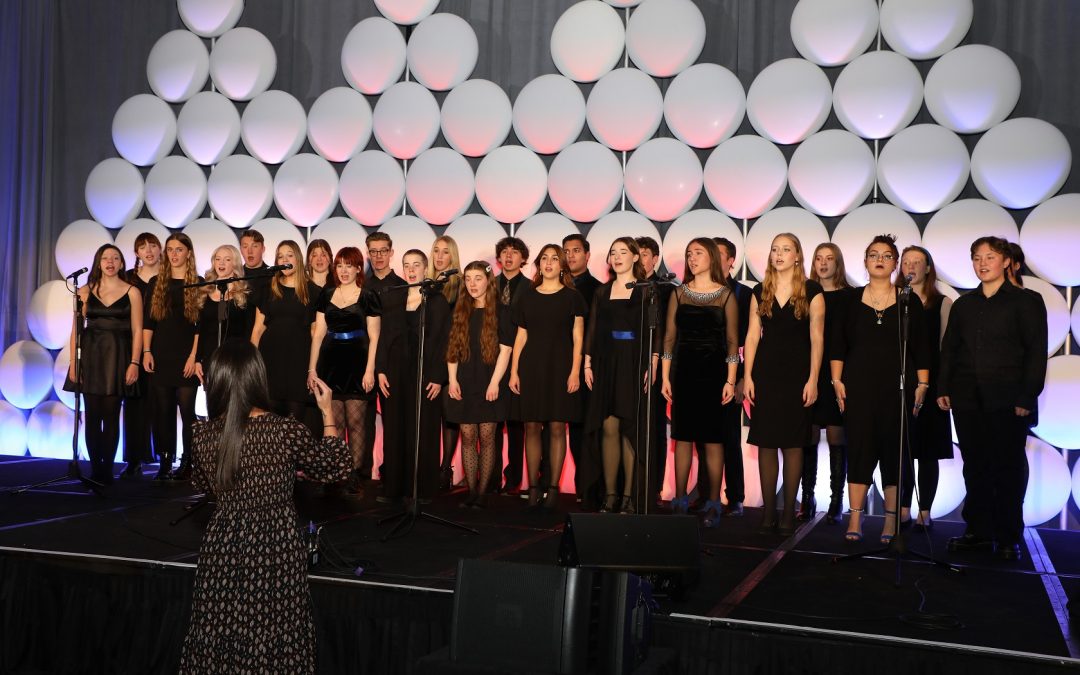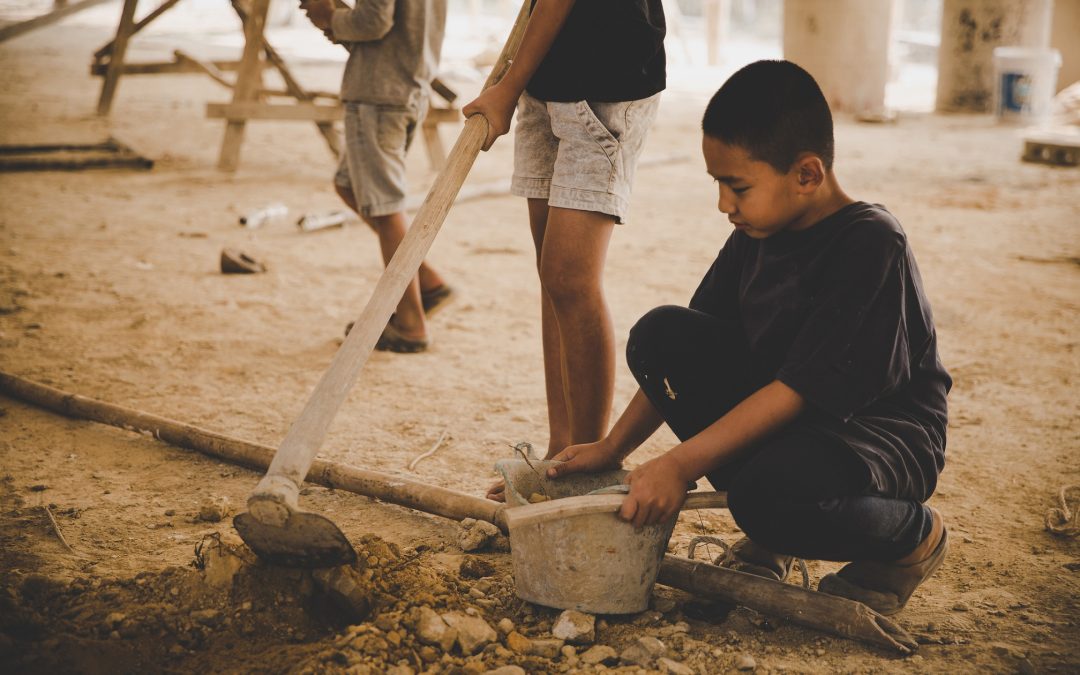
by admin | Apr 12, 2023 | health and medicine, social and behavioural sciences
Stroke can impair a person’s ability to communicate, resulting in a disorder known as aphasia. To facilitate recovery, scientists must understand how language is processed normally as well as how a stroke may impact the language system in the brain. Dr Cynthia K. Thompson, Ralph and Jean Sundin Professor of Communication Science and Professor of Neurology at Northwestern University, has been researching normal and disordered language for over thirty years. Her focus is on understanding and supporting the recovery of language processes when the brain has been damaged.

by admin | Apr 5, 2023 | arts and humanities, social and behavioural sciences
Capitalism and neoliberalism inform the way in which children in the USA are schooled. Mainstream education prioritises standardisation and conformity, and may not help students develop a sense of themselves, or tools to create good relationships with others. In a recent paper, teachers Austina Lee and Gareth Dylan Smith explore how this can be challenged through ‘punk’ pedagogy. They use the case study of a high-school choir to demonstrate how their ideas can be put into practice.

by admin | Apr 5, 2023 | social and behavioural sciences
Child labour is a major social problem that contributes to poor physical health and lower educational achievement. A collaborative research team from Australia, India and the Netherlands conducted a large-scale study of children in rural areas of India. The team’s research confirms the hugely negative mental health impacts of child labour, and opens up important implications for policy, practice and future research.

by admin | Mar 15, 2023 | social and behavioural sciences
Like other animals, humans have unique ways of approaching a potential mate and securing their affections. The goal of these ‘wooing’ processes is generally to establish a long-term romantic relationship with the person of interest. Victor de Munck, a Professor of Anthropology at Vilnius University, recently carried out a fascinating study exploring the most common patterns of courtship observed in the United States today, and the cultural influences underpinning these patterns.

by admin | Mar 8, 2023 | health and medicine, social and behavioural sciences
Sexual pain, often referred to as vaginismus and dyspareunia, can be a debilitating condition that prevents many women from having penetrative sexual intercourse. While many studies have investigated this disorder, its psychological underpinnings are not yet fully understood. Dr Thula Koops, Christian Wiessner, Professor Johannes Ehrenthal, and Professor Peer Briken at the University Medical Center Hamburg-Eppendorf recently explored some of the psychological dimensions of women’s sexual pain. They conducted this research from the standpoint of psychodynamics, which involves exploring links to childhood experiences and unconscious thoughts and feelings.

by admin | Mar 8, 2023 | health and medicine, social and behavioural sciences
Limited research has explored the causes of sexual pain and difficulties with intercourse that are experienced by women across the world. Dr Thula Koops and Professor Peer Briken at the University Medical Center Hamburg-Eppendorf have spoken to women experiencing these difficulties and listened to their real stories and thoughts on the origins of their sexual difficulties. Based on these interviews, two main themes emerged. The first links these difficulties to perceived implications of womanhood, while the second focuses on the separation between body and mind in relation to the cause.






